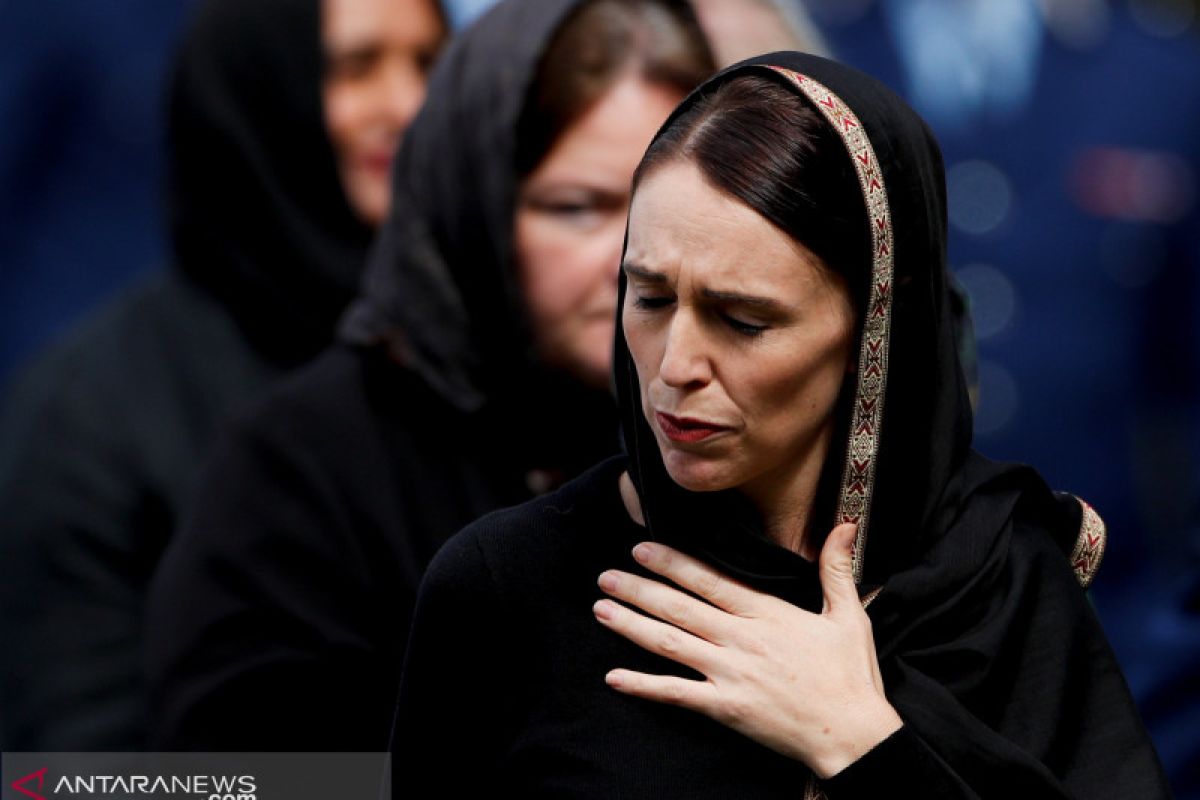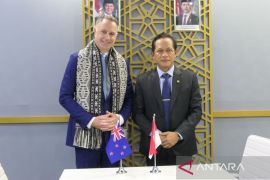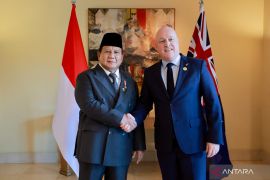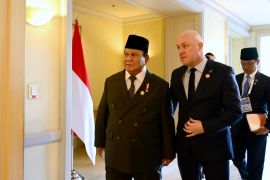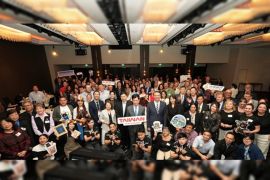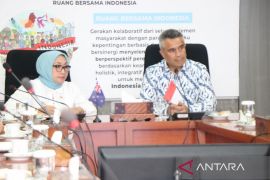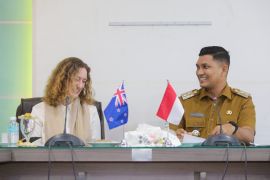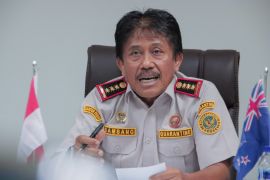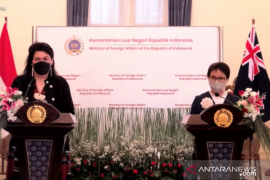Stephen King, the king of horror stories, wrote the above quote in one of his popular books, “Under the Dome” in 2013, on page 349, to be precise, through one of the 26 survivors of the Dome, Julia Shumway – the owner and editor of the local newspaper called The Democrat—despite being a Republican.
Julia refers to Big Jim Rennie, who she thinks does not care about people and hides from problems. According to Julia, a cowardly leader will be the downfall of the whole group, organization or even a nation because he/she does not have the capability to support people during a crisis.
The world has seen too many cowardly leaders that have left a trail of humanitarian disasters over the centuries, some of them beyond repair.
But not today. At least not in New Zealand in the wake of a terrorist attack that killed 50 people in two mosques on Friday, March 15, 2019, in the town of Christchurch.
Jacinda Ardern, the Prime Minister of New Zealand, has proved to be a true leader, who leads her people through this difficult time without imitating how other leaders responded to similar tragedies in the past.
She has taken dramatic action, from labeling the act as a terrorist attack and refusing to acknowledge the perpetrator, to her decision to ban military-style semi-automatic weapons in less than 10 days. This, the world should applaud.
But her vow to never mention the name of the gunman was the one that stunned the world the most. Many wars against terrorism in the past are synonymous with notorious figures, accidentally turning the terrorists into poster boys, with the media playing a big role in this with their news coverage.
Four days after the attack, she addressed a special meeting at New Zealand’s parliament. Dressed in black from head to toe, she opened her speech with the Arabic greeting, “Al Salaaam Alaikum”, which in English means “peace be upon you”.
In her emotional speech, she vowed to deny one thing that the perpetrator sought from his act of terror: notoriety.
“I implore you, speak the names of those who were lost rather than the name of the man who took them. He is a terrorist. He is a criminal. He is an extremist. But he will, when I speak, be nameless.”
And her people agree with her. Days after her speech, it was her face that became the face of the tragedy. It was her face that graced media reports regarding the tragedy, including her most liked-photograph when she covered her hair to show the families she respected them and wanted to ease their pain. Wearing the hijab was "a symbolic thing", but this simple act brought a smile on the faces of the victims’ families. It screamed respect and support.
One week after the tragedy, the #HeadScarftforHarmony campaign circulated on social media. Women across New Zealand donned a headscarf similar to a hijab worn by Muslim women to show their support for the victims and to symbolize love, strength and unity.
Within days, Jacinda Kate Laurell Ardern soared higher than the perpetrator, who live-streamed his attack on Facebook. When many people raced to share the video – with Facebook claiming it removed more than 1.5 million copies of the video in the first 24 hours after the tragedy—she walked another path. She forced the perpetrator into the background and denied him the fame he desired. An act that maybe unthinkable to those who competed to be the first to share the perpetrator's video on various social media platforms within minutes of the attack.
The 39-year-old prime minister, the youngest female leader in the world, graduated from the University of Waikato with a bachelors in communications and studied public relations and political science. So, it is not surprising that she can choose her words wisely in the aftermath of the tragedy. She gives a new meaning to the word condolence and grieving. She rewrites the statement “thought and prayer”.
Ardern is not new to “controversy”. She made news when she became the first world leader since 1990 to be pregnant while in office and brought her baby, Neve, to the United Nations meeting.
In an official statement, she said, “I am not the first woman to work and have a baby. I know these are special circumstances but there are many women who have done it well before I have.”
Marie Claire’s digital content editor Isabelle Truman, in the magazine, revealed that at the age of 17, Ardern started volunteering for the Labour Party by knocking on doors and handing out flyers while juggling her job at the local fish shop. And she became New Zealand’s youngest Labour MP in 2008, a far cry from her days as a DJ, or in her own words, a tune selector.
And now, Jacindamania has not only gripped the country but also the world, in respect for how she handled the terrorist attack. Ardern had confronted and shattered the old ways on dealing with such attacks.
Just like William Shakespeare, an English poet, said, "Talking isn't doing. It is a kind of good deed to say well; and yet words are not deeds."
Ardern shows the world just how it should be done: being a leader in the darkest hour.
Editor: Fardah Assegaf
Copyright © ANTARA 2019
